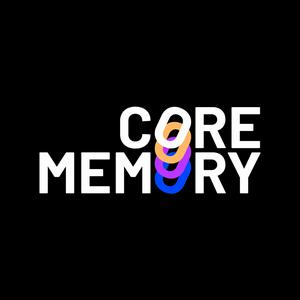Let’s get right to the point: Nobel Prize winner Jennifer Doudna is on the pod this week.
Doudna won the 2020 Nobel Prize in Chemistry alongside Emmanuelle Charpentier for their work developing “a method for high-precision genome editing.” They, and others, helped usher in the CRISPR revolution with people getting very, very excited about the prospects of editing genes in humans, animals, and plants with more precision and ease.
There have been some massive recent CRISPR wins. Casgevy, which treats sickle cell disease, emerged as the first FDA-approved CRISPR therapy. And, last year, an infant in Pennsylvania had a rare disease treated with record-breaking speed via CRISPR technology.
That said, CRISPR has, in many ways, not lived up to the hope and hype just yet. CRISPR therapies remain expensive and tough to distribute throughout the body.
Doudna is convinced that several major CRISPR breakthroughs are upon us, and we get into where she sees the field going. We discuss the work she’s doing at start-ups and the Innovative Genomics Institute – a research powerhouse that links UC Berkeley, UC San Francisco, and UC Davis.
And we talk about Pomona College, our shared alma mater, rejecting our wonderful, brilliant children who will no doubt go on to do amazing things in the world and likely make untold billions that will be donated to other tremendous institutions. JK. Chirp, chirp!
If you want to get up to speed on gene editing’s present and future, you will not find a better discussion.
The Core Memory podcast is on all major platforms and on our YouTube channel over here. If you enjoy the show, please leave a review and tell your friends.
This podcast is sponsored by Brex, the intelligent finance platform built to help companies spend smarter and move faster.
We run on Brex and so should you. Learn more about Brex right here.
The podcast is also made possible by E1 Ventures, which backs the most ambitious founders (probably some peptide users) and start-ups.
This is a public episode. If you'd like to discuss this with other subscribers or get access to bonus episodes, visit www.corememory.com/subscribe


